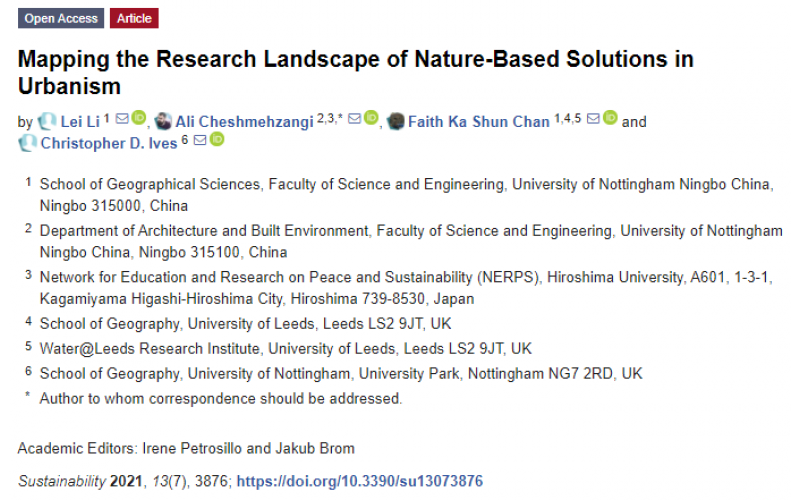Urban agglomerations expose citizens to ever-increasing risks from heat, air pollution, noise stress, and reduced nature connectedness. Concurrently, accumulating evidence suggests various health benefits by exposure to urban natural spaces. Existing research suggests an array of benefits of contact with nature which are linked to physical activity (e.g., green exercise), active travel, and residential proximity to greenspace. Psychological benefits appear to be related to mood, well-being, attention and pro-environmental behavior; physiological benefits have been described in terms of increased physical activity, improved cardiovascular parameters, reduced stress hormones, and enhanced immune resources.

